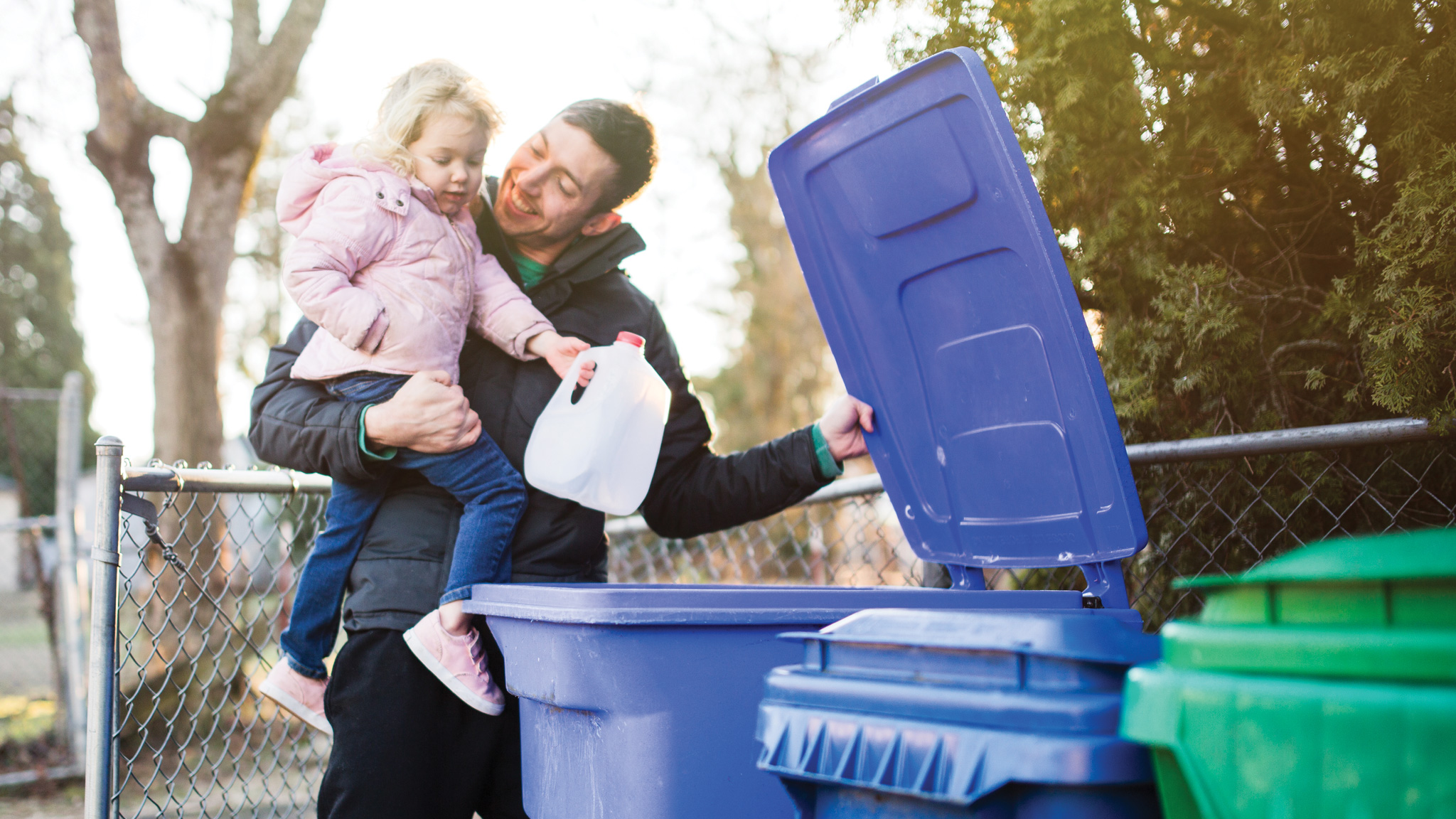Variations in household waste recycling across the UK
Unexpectedly, the more often bins are collected, the lower the recycling rate. It's important to understand what influences people's decisions on recycling.

The starting point for this project came from finding a persistent variation in recycling rates across the UK. The purpose of the research was to understand why.
Data collection
Our findings came from a combination of theoretical and empirical analysis, with data coming from wastedataflow.org, an online portal for local authorities to report their waste and recycling activities on a quarterly basis.
We also used data from the Office of National Statistics for information on socioeconomic characteristics such as income, age and level of education. The focus of analysis was household waste management behaviour. The empirical analysis used was panel data estimation.
Outcomes
- A key finding is that the less frequent bin collections are, the higher the recycling rate - this is true for dry recycling and compost
- Methods of collection are also important. The size of the container and number of different types of materials collected affect recycling levels
- Perhaps not surprisingly, the more materials collected at the kerbside, the greater the level of recycling
- The three main areas of recycling - waste production, dry recycling (glass, paper, cardboard) and green recycling (compost waste) - are interrelated, so analysis has to consider all of them
Socioeconomic influences
There are numerous additional factors affecting recycling behaviour, these include:
- level of occupancy of households
- levels of education
- how normalised the behaviour is across society
- levels of satisfaction derived from recycling
- concern for the public good
Policy implications
Enhanced kerbside provision has been a key plank of government policy in driving up recycling rates to meet EU commitments, such as the 50% target of recycled household waste by 2020. This project allowed us to identify which characteristics promote recycling and which contribute more towards achieving the goal. The policy implications of our research relate to the effectiveness of measures to increase recycling.
Further information
- Read a full write up from the project team about their methods, findings and conclusions
- A symposium was held shortly after publication of the research. This summary document from the event gives details of key findings and reaction from other academics and policy makers
Project Team
- Lucy O'Shea, University of Bath
- Andrew Abbott, University of Hull
- Shasikanta Nandeibam, University of Bath
